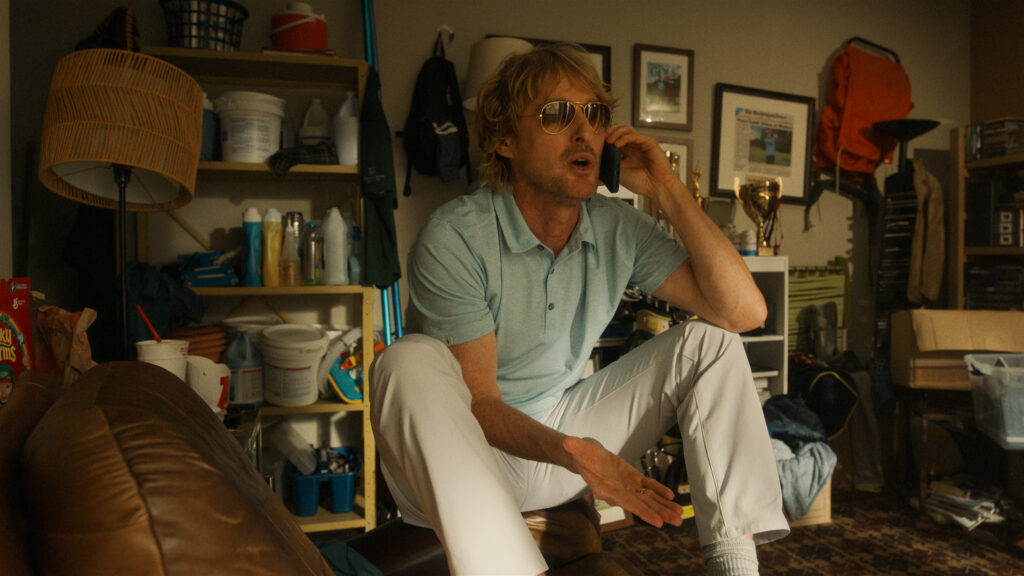We’ve all done it. You’re in the pub and your mate is in the middle of a story about his crumbling crypto portfolio. Suddenly your phone beeps. Without even thinking about it you look down and see an update in your WhatsApp footy-tipping group.
You absently open the message. Davo is tipping Penrith this weekend? Is he on drugs, you wonder?
You smile and begin formulating a witty missive in your mind to give Davo a razz, until it suddenly dawns on you that your mate sitting opposite has gone quiet. You look up to find him looking at you, a little pissed off.
“You right there, mate? All good?”
You hastily put your phone down. “Sorry, mate,” you say sheepishly. “You were saying something about bitcoin?”
Sound familiar? You ignore the flesh-and-blood friends sitting right in front of you for whatever hit of digital dopamine your phone might deliver. Or just as likely, you’re the one who’s been rudely sidelined by a mate’s pinging smartphone. One of the few blessings of the current lockdown is that it’s given us a temporary respite from the increasing levels of divided attention and scattered focus that characterise IRL exchanges these days.
But while most of us have come to accept a little rudeness as the price of having a constant digital companion in our pocket, the reasons behind phone snubbing or “phubbing” as it’s sometimes called, are more troubling than you might imagine.
A new University of Georgia study has found depressed and socially anxious people are more likely to phub their friends, with personality traits such as neuroticism influencing phubbing behaviour.
“Some people who have high social anxiety or depression are more likely to be addicted to their smartphone,” said Juhyung Sun, the study’s lead author.
Particularly pernicious, in terms of social interaction, is the habit of constantly reading notifications that pop up onscreen, adds Sun.
“People are really sensitive to their notifications. With each buzz or sound, we consciously or unconsciously look at our phones,” she says.
Significantly, the study found agreeable people – those who are cooperative, polite and friendly – are less likely to engage in phubbing in the presence of their friends.
“In face-to-face conversations, people with high levels of agreeableness consider phubbing behaviour rude and impolite to their conversational partners,” Sun says.
The number of people in your group also influences the likelihood that you’ll engage in phubbing, with the researchers finding it was more common in groups of three or more.
Phubbing may have even greater implications once lockdown ends and we return to face-to-face interactions, the researchers speculate.
“People relied heavily on phones and other technologies to stay connected during the pandemic,” says Professor Jennifer Samp, an advisor on the study. “Will people – particularly anxious ones – still phubb when physically reunited? Time will tell.”
If you’re worried about your level of phubbing and what it might say about you as a person, there a few options you might consider when you’re finally able to meet up with your friends again. First, the nuclear option: turn the phone off. If that’s too much to bear, either switch off your notifications or turn your phone over, a gesture that shows a level of respect and intention to focus on the person you’re with.
“That is a signal – I am listening to what you are saying, this meeting is important and I am focusing on you,” Sun says.















